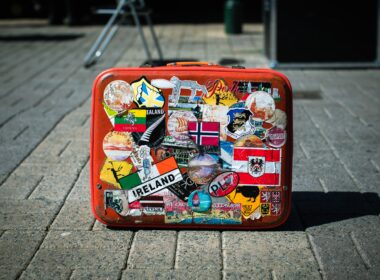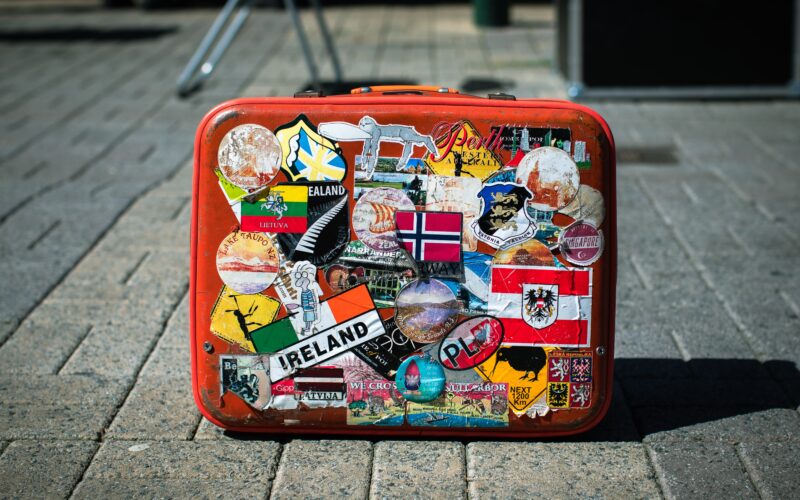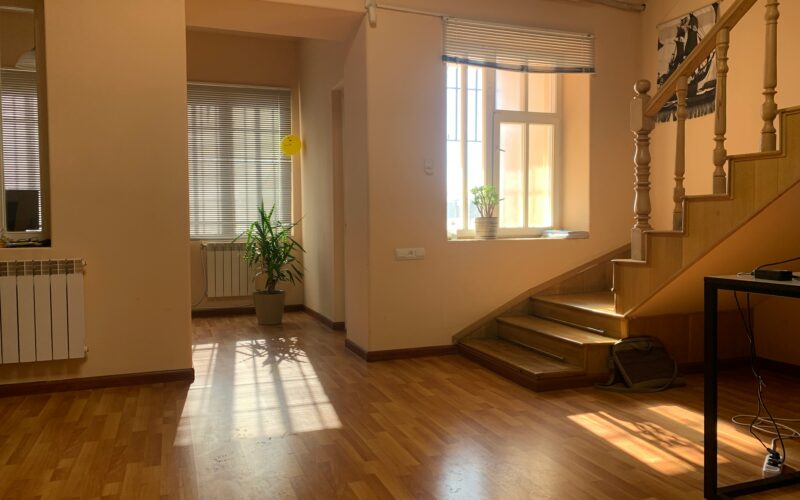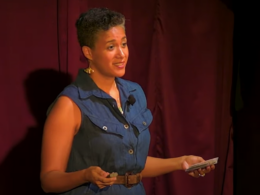by Iona McHaney Marcellino
Am I American? Sure if you need me to be!
Am I Scottish? Sure, just don’t ask me too many questions.
Am I an expat, a voyager, born and raised in the nuanced Third Culture? Yes, but interestingly people don’t ask me that.
Countless times I start to tell people where I am “from” (which really means what cultures and countries have poured into my understanding of the world) and they tell me who they think I am. I mirror that identity for them because it keeps things comfortable, it keeps them happy. It keeps me in the social box needed to keep the social circles moving, and I know a lot of adult TCKs are sitting in the same box.
But, even in that box, do I, or do we, ever fit? No, not really.
There is always a part of me, as an adult third culture kid (ATCK), that is being compromised. A part that doesn’t fit. If I’m “the American” in a circle of British people then that is very different than being the “girl from Scotland” in a circle of Americans and all of that is very different from being the “missionary kid” in church.
There is a part of me constantly hoping others will recognise my cultural identities. And when they do I hold on tightly to that confirmation for years.
I remember every moment I have had my cultural mismatch validated. I remember the man from Greece who said he knew I was from Scotland by how I pronounced the country’s name. Or my friend from church saying “Oh, that’s your British side coming out” when I shared some social reservedness, or my non-Cambridge colleague telling me I’m friendly because I’m from north of the border. I remember being told I know how to handle the heat because I’m from sub-Saharan Africa. I remember being told I had a kind Texan smile by a patient in Tennessee.
I remember every moment I have had my cultural mismatch validated.
I remember all of these scraps of conversation that culminate in some disseminated reflection of self. I scramble around scraping them toward me like a child grasping at all the blocks on the floor. I tirelessly try to build my tower of personal and cultural identity and without fail, some misunderstanding or cultural failure causes it to tumble right down.
Again, I desperately claw on the ground for morsels of cultural approval instead of just accepting the more honest, the more accurate description, and allowing space for misunderstanding.
Allowing space to just say, right now, I’m an expat. And that’s that.
I was raised by expats who were also raised by expats. It is my familial legacy, so it should have been an easy mantle to wear, but I have refused to use the term for years.
There is a lot of unspoken weight in the term expat because there is a lot of unrecognised grief in the expat life. Saying “I am an expat” is declaring that my life is made up of constant transition, new homes, distant friends. It is a life of mismatched holidays and crying across time zones. It is a life with the world’s culture but none known of our own.
There is no national dish for expats. No anthem, no music, no flag. There is no customary dress unless you count dragging a suitcase packed with goodbyes and a visa application. There is no home address, just a long list of “where I used to live.”
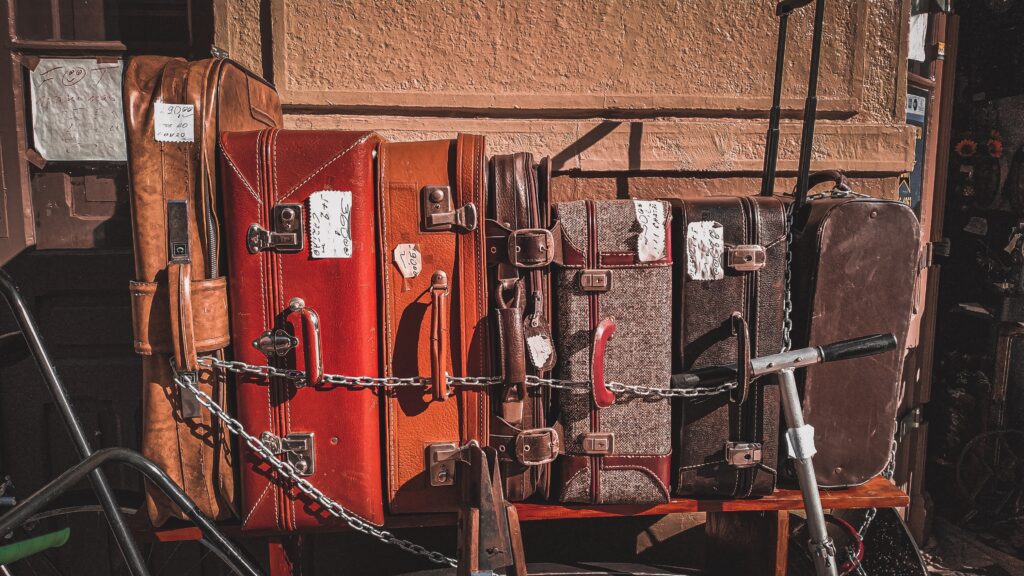
Expats are the outliers. An expat rarely sees the beginning, middle, and end. They dip in and out, they have a taste here and there, and they jet off to the next place before there is any closure.
An expat endures culture shock, reverse culture shock, and then culture shock once more. An expat finds accidental embarrassment nearly every day and must push forward in their search for community, however temporary.
Becoming an expat is humbling and exhausting and relentless.
And yet, alongside this lonely and weary and multifaceted life, I am learning about the beautiful and resilient character of an expat.
An expat knows how to welcome others. An expat has open arms and empty places at their table. They understand holidays alone. They know how challenging a visa process can be. They understand the strangeness of calling a place home and never belonging there. An expat understands the thrill of a new location and the deep twinge of loss that accompanies each adventure.
An expat has open arms and empty places at their table.
An expat knows how to help you move and they know how to help you feel grounded. Expats are experts at friendship and community and learning from one culture to the next.
If you find yourself somewhere new and it’s painful to try to fit, look for the expats. They’ll often break the circle and let you in, they’ll share their stories and listen to your woes. They’ll pour your wine and see you as an individual with a rich tapestry of experience and history, not as a collaboration of all the countries in your repertoire.
Look for the expats.
If you’re in Cambridge you’ll find me happily among their number, a lifelong expat just waiting on her passports to declare it.

Born in Scotland to expat parents and raised in Angola, Iona McHaney Marcellino is a second generation Adult TCK, a nurse, and a writer. She has lived in Scotland, Portugal, Angola, Kenya, Saudia and the USA. Currently, Iona lives in Cambridge, UK, with her husband and daughter. She enjoys working alongside others who are committed to supporting TCKs with research-focused TCK Care. Iona enjoys connecting with other Adult TCKs, virtually or in-person, and discussing the nuances of the multicultural life over a good cup of coffee. https://ionadream.wixsite.com/authentic-unrest-1





